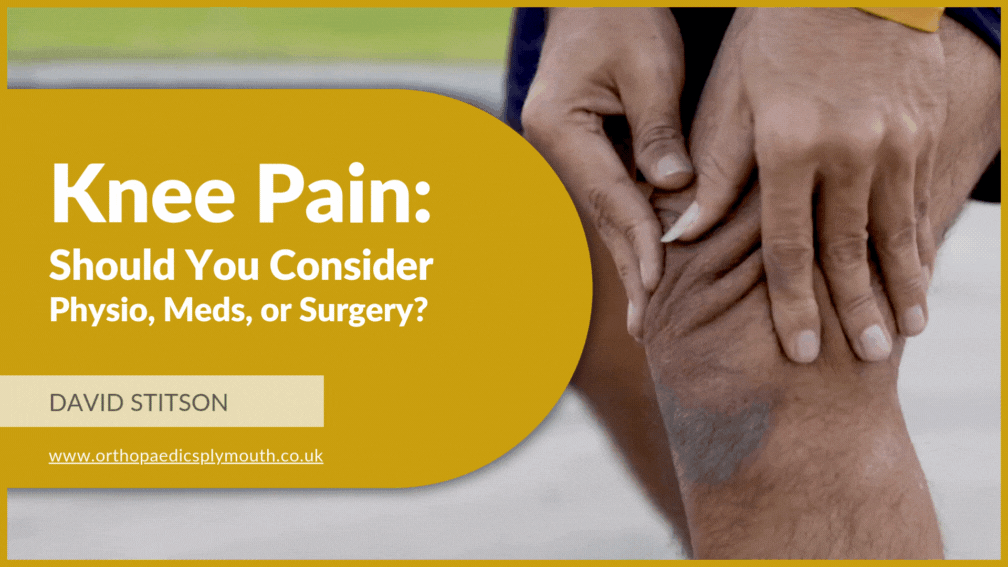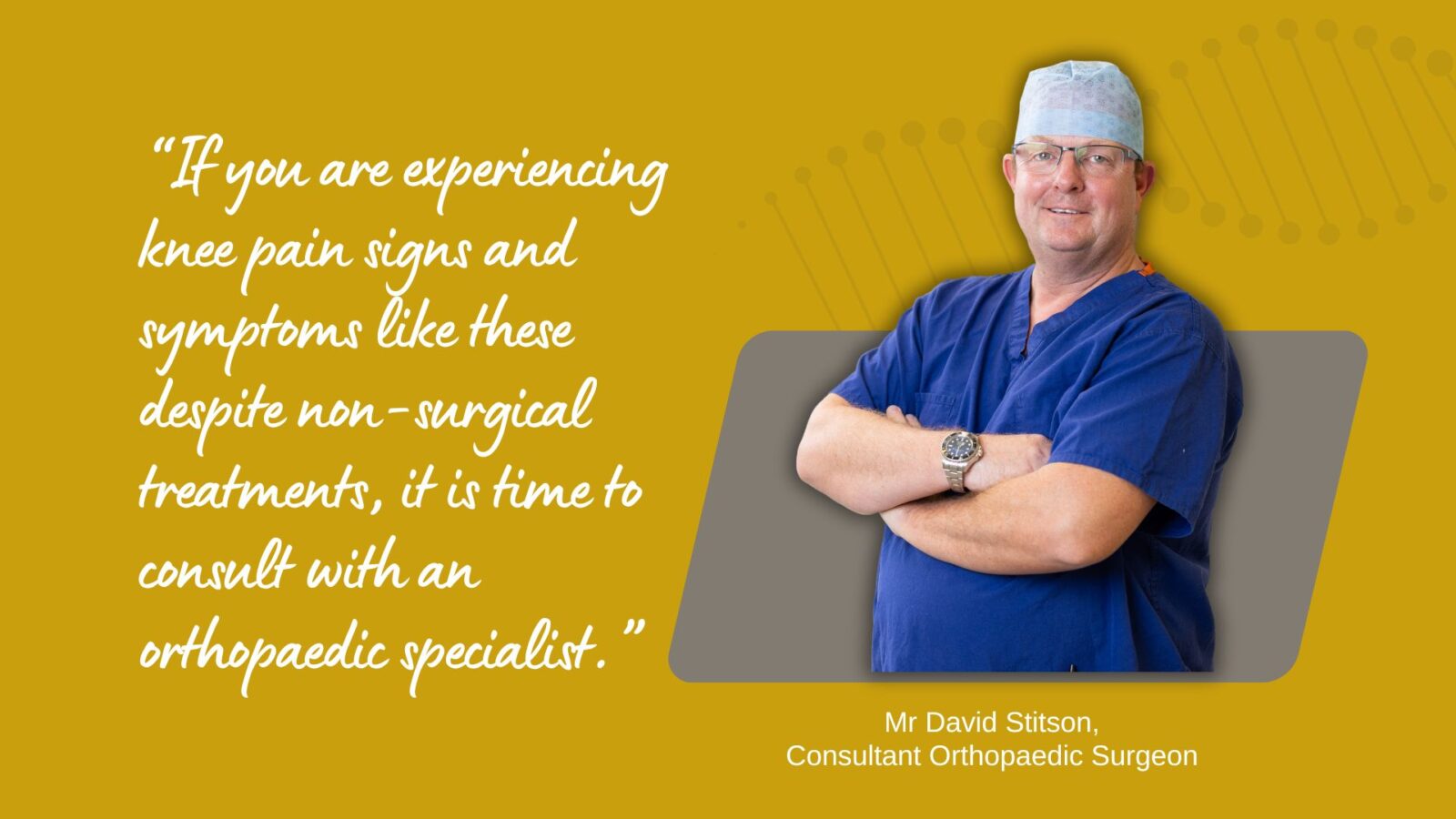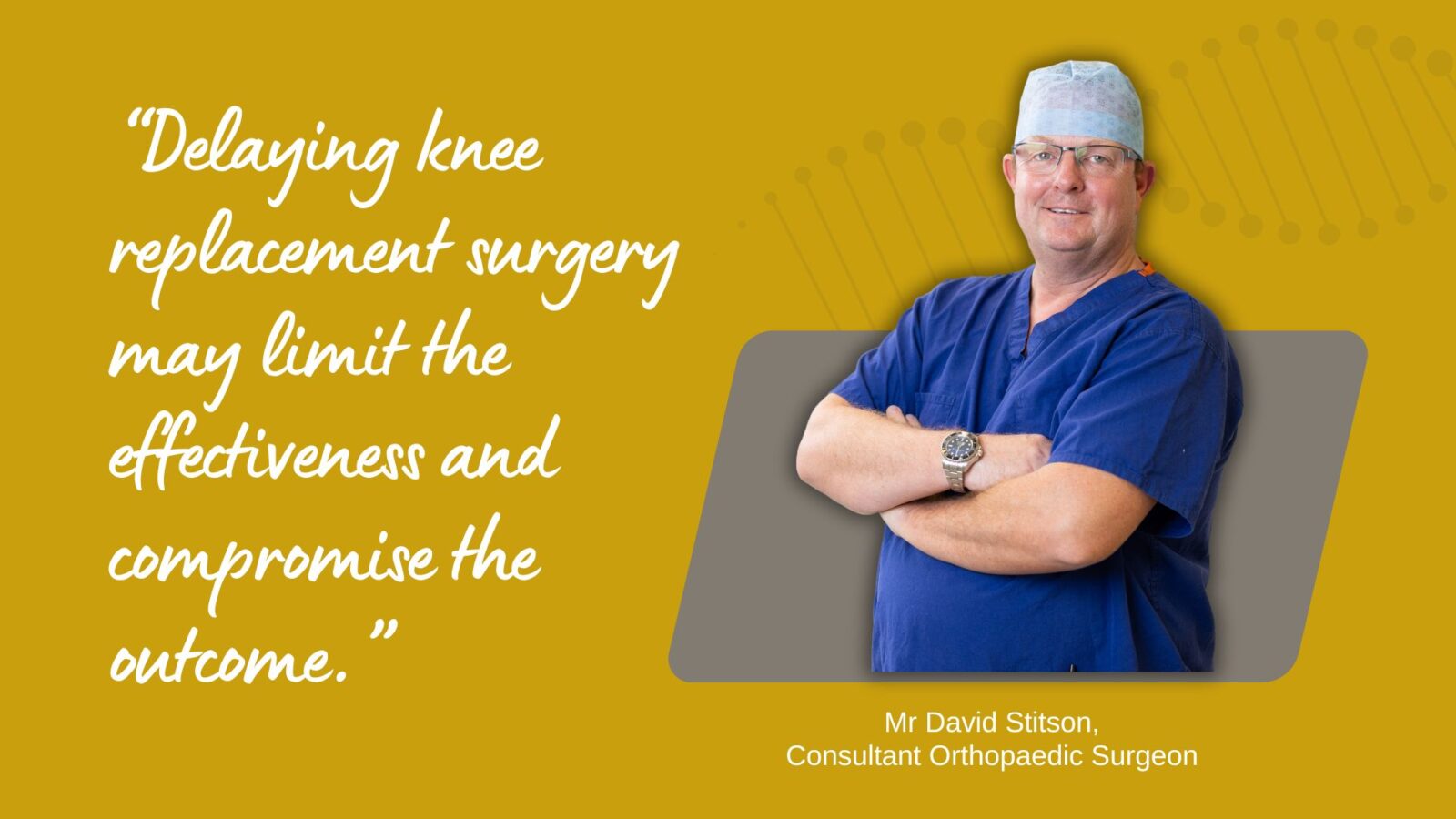Knee pain is a common issue that can affect people of all ages. Whether it’s due to ageing, injury or a chronic condition like arthritis, choosing the right treatment path is crucial for effective pain relief and long-term knee health.
This article will explore the options of physiotherapy, medications and surgery for knee pain, along with real-life stories and answers to frequently asked questions.
Understanding Knee Pain
Knee pain can arise from various causes, including:
- Osteoarthritis: A degenerative condition causing the breakdown of cartilage.
- Injuries: Such as ligament tears, meniscus tears or fractures.
- Overuse: Repetitive stress on the knee from activities like running or jumping.
- Inflammatory Conditions: Such as rheumatoid arthritis.
Treatment Options for Knee Pain
1. Physiotherapy for Knee Pain
Physiotherapy (PT) is often the first line of treatment for knee pain. It involves exercises and techniques designed to strengthen the muscles around the knee, improve flexibility and reduce pain. PT can be highly effective in managing pain and improving function without the need for invasive treatments.
Real-Life Story:
Linda, a 50-year-old avid runner, began experiencing knee pain after training for a marathon. Initially, she feared she might need surgery. However, her doctor recommended physiotherapy. After three months of targeted exercises and treatment, Linda’s knee pain significantly reduced, allowing her to return to running with less discomfort.
When to Consider Physical Therapy for Knee Pain:
- When knee pain is mild to moderate.
- When the pain is due to an injury that could heal with time and proper care.
- As a preventive measure to avoid further injury.
2. Medications for Knee Pain:
Medications can be used to manage pain and inflammation, especially in cases where knee pain is caused by arthritis or injury.
- Over-the-counter Pain Relievers: Medications like Paracetamol and Ibuprofen can help reduce pain and inflammation.
- Topical Pain Relievers: Creams or gels applied directly to the knee can provide localised relief.
- Corticosteroid Injections: These reduce inflammation and pain in more severe cases, providing temporary relief.
Real-Life Story:
John, a 65-year-old retiree, was diagnosed with osteoarthritis in his knees. His doctor prescribed NSAIDs (Nonsteroidal Anti-Inflammatory Drugs) to manage his pain. John found that combining medication with light exercise allowed him to stay active and manage his arthritis symptoms effectively.
When to Consider Medications for Knee Pain:
- When knee pain is associated with inflammation, such as in arthritis.
- As a short-term solution while undergoing other treatments like physiotherapy.
- When pain is severe enough to interfere with daily activities but does not yet require surgery.
3. Surgery for Knee Pain:
Knee Surgery is typically considered as a last resort when other treatments have failed to provide the desired/expected relief. There are different types of knee surgery performed by Mr Stitson, depending on the underlying cause of pain:
- Arthroscopy: A minimally invasive surgery where a telescope with a camera is inserted into the knee joint to repair damage like torn cartilage or ligaments.
- Partial Knee Replacement: Only the damaged part of the knee is replaced.
- Total Knee Replacement: The entire knee joint is replaced with a prosthesis.
Real-Life Story:
Susan, a 70-year-old with advanced knee osteoarthritis, tried physiotherapy and medications for years, but her pain progressively worsened. After a thorough evaluation, her doctor recommended a total knee replacement. The surgery was a success, and after a few months of rehabilitation, Susan was able to walk without pain for the first time in years.
When is Surgery Recommended for Knee Pain:
- When conservative treatments like physiotherapy and medications have been tried but are no longer helping.
- When knee pain is severe and significantly impacts quality of life.
- When there is significant structural damage to the knee, such as in advanced arthritis or after a major injury.
It is essential to discuss all your options with Mr Stitson, who can guide you through the treatment process and advise on how you can achieve the best possible outcome.
FAQs About Knee Pain Treatments
Q: How do I know if I need surgery for my knee pain?
A: Surgery is generally recommended when non-surgical treatments have been exhausted and the knee pain significantly affects your ability to perform daily activities. Mr Stitson will assess the extent of joint damage, pain severity and overall health before making a recommendation
Q: Can physiotherapy make knee pain worse?
A: While physio is designed to alleviate pain, improper techniques or exercises not suited to your condition can potentially worsen symptoms. Working with a qualified physical therapist who can tailor a program to your specific needs is essential. It is also important to recognise that not all painful knee conditions will respond to physiotherapy, but that it is still worth trying.
Q: Are there risks associated with knee surgery?
A: Like any surgery, knee surgery can carry risks, including infection, blood clots and complications from anaesthesia. However, advances in surgical techniques have made these procedures much safer and much more effective.
Q: How long is the recovery time after knee surgery?
A: Recovery time varies depending on the type of surgery. Arthroscopic surgery may require a few weeks of recovery, while a total knee replacement might take several months. Physiotherapy is often part of the rehabilitation process.
Q: What lifestyle changes can help manage knee pain?
A: Weight management, regular low-impact exercise, proper footwear and avoiding activities that strain the knee can help manage and prevent knee pain.
Physiotherapy, Medications or Surgery for Knee Pain?
Deciding between physiotherapy, medications or surgery for knee pain depends on several factors, including the severity of the pain, the underlying cause and your overall health and lifestyle. Combining physio and medications may also be helpful.
While physiotherapy and medications are effective for many people, surgery may be necessary for those with severe or persistent knee issues. Consulting with Mr Stitson is essential to make the best decision for your individual situation.
Remember, every case of knee pain is unique, and the right treatment plan will depend on your specific needs and circumstances.
About Knee Surgery
Knee replacement surgery replaces the worn out, painful and stiff knee joint with a new prosthetic joint. This procedure which may be a partial or a total replacement is normally performed under spinal anaesthesia and is usually followed by a night or two in the hospital. Day-case knee replacement surgery may be an appropriate option for you.

About Mr Stitson
David Stitson is a Plymouth-based Consultant Trauma and Orthopaedic Surgeon. Trained both in the UK and internationally, he has worked in medicine for more than 20 years for the NHS, for the Royal Air Force and in private practice. Mr Stitson operates privately at the Nuffield Health Hospital, Plymouth.

The Nuffield Plymouth CQC Rating
The Nuffield Hospital has a history that spans over half a century and has built a reputation for high standards of care, professionalism and expertise in delivering health services. They aim for continuous quality improvement in everything they do.
Active Quality and Governance programmes are in place at the Nuffield Hospital Plymouth. As part of this, the hospital is inspected by independent healthcare regulators to ensure it meets the fundamental standards of quality and safety as determined by the regulating body (CQC).
In the most recent inspection, Plymouth Nuffield Hospital was rated as ‘Good’ overall, however, the surgical element of the inspection was rated as ‘Outstanding’. The hospital was referred to as:
“Outstanding in effective and caring, and
Good in safe, responsive and well-led.”






